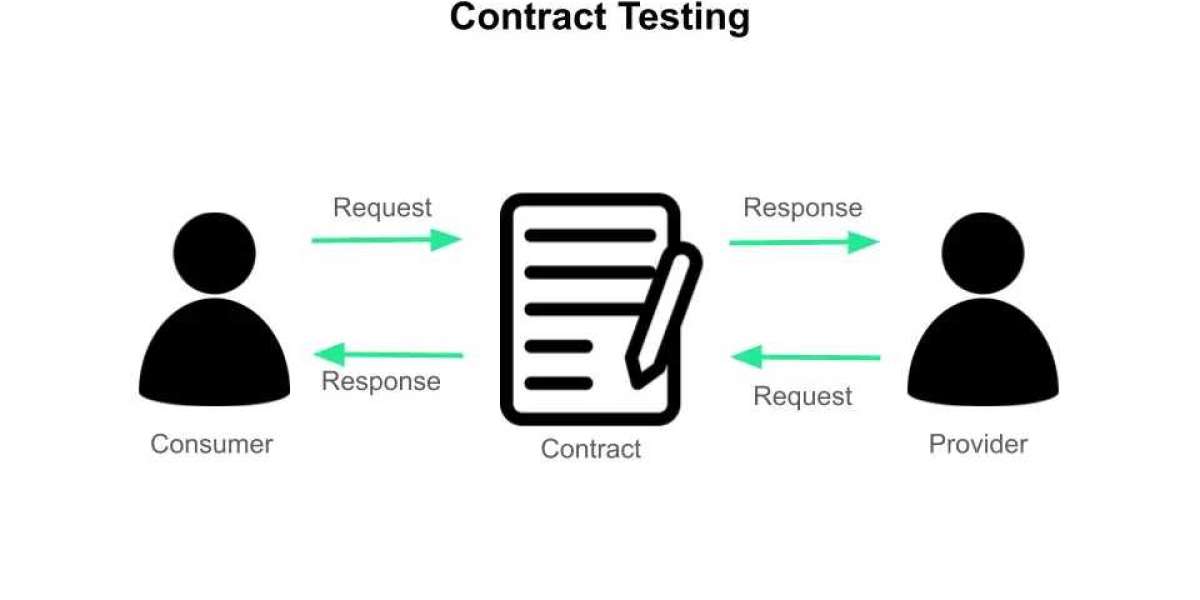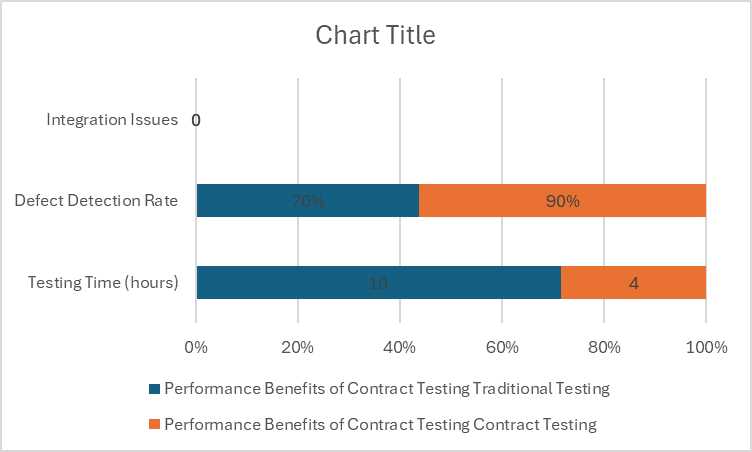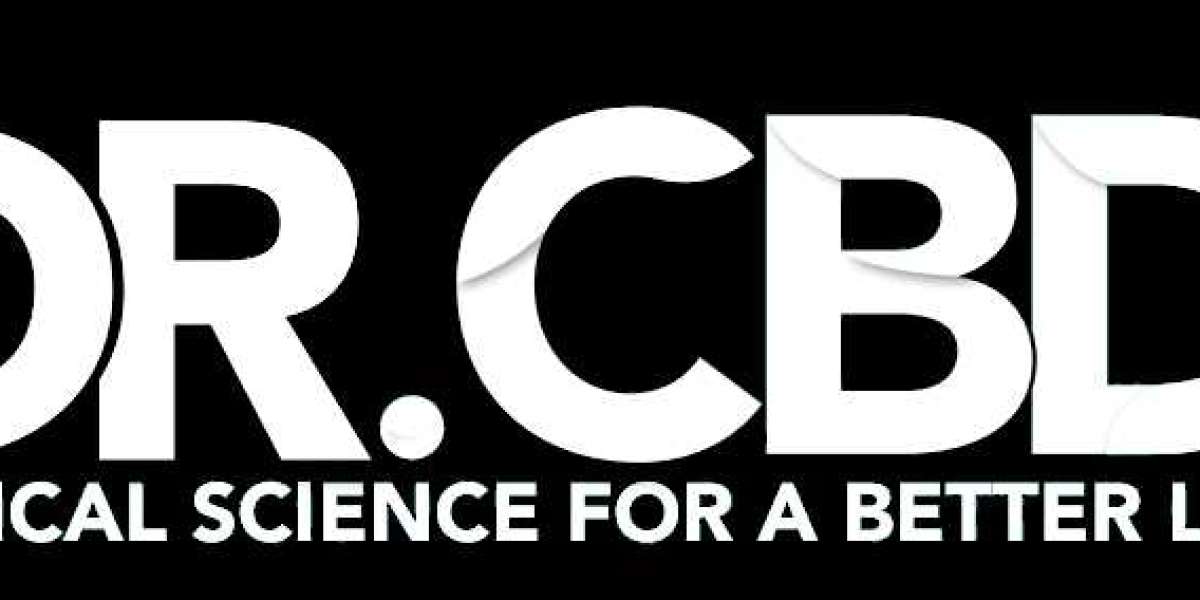As microservices gain popularity for their scalability and modularity, ensuring seamless communication between these services has become a priority. Contract Testing emerges as a solution to validate interactions between microservices, enabling smooth integration and maintaining system reliability. For professionals aiming to excel in the software testing domain, enrolling in a Software Testing Certification Online equips them with advanced testing methodologies, including contract testing.
What is Contract Testing?
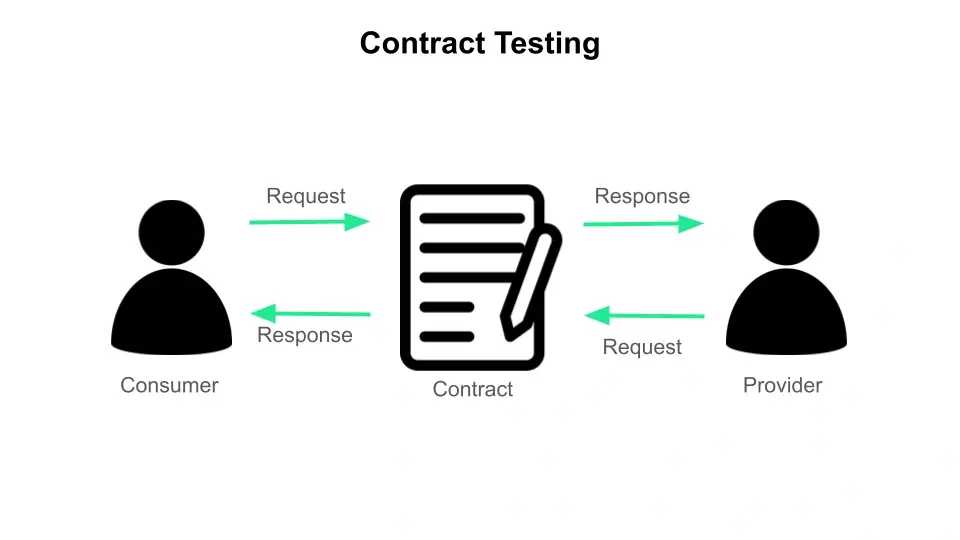
Contract Testing is a specialized form of testing that focuses on validating the interactions between two or more microservices to ensure they comply with a predefined contract. The "contract" specifies the agreed-upon API behavior and expectations between the services involved. This type of testing is particularly crucial in microservice architectures, where multiple services interact with each other.
Benefits of Contract Testing:
Consumer and Provider Reliability:
- Ensures that the service provider meets the expectations of the consumer, thereby reducing the risk of integration failures.
- Guarantees that data formats, API endpoints, and response types are consistent across services.
Early Bug Detection:
- Helps identify issues in service communication at an early stage, which reduces the risks of failures during the later stages of the development cycle.
- By testing only the contract, potential miscommunications or misalignments in the service interactions can be caught before they become bigger problems.
Efficiency:
- Unlike traditional end-to-end testing, which tests the entire flow, contract testing focuses solely on the interactions between services. This speeds up testing cycles, allowing teams to detect integration issues more quickly and without needing to test the entire system.
Supports Agile and Continuous Delivery:
- Contract testing is ideal for agile environments and continuous integration, as it enables teams to make changes and push updates without worrying about breaking the system due to unexpected service failures.
- It ensures that changes made to a service don't unintentionally break other services that depend on it.
Reduced Dependency on Mock Services:
- Mock testing is commonly used to simulate interactions between microservices. Contract testing eliminates the need for mock services, reducing overhead and potential inaccuracies in the test environment.
By implementing contract testing, teams can ensure more reliable and faster development cycles, especially in microservices-based architectures where services frequently evolve independently.
Core Benefits of Contract Testing
Aspect | Benefits |
Decoupled Testing | Tests microservices independently. |
Faster Deployment | Reduces testing complexity for quick releases. |
Enhanced Collaboration | Defines clear expectations between teams. |
Implementation Steps
- Define the Contract:
- Specify inputs, outputs, and interactions between microservices.
- Write Consumer Tests:
- Create tests ensuring the consumer correctly requests the data or service.
- Verify Provider Behavior:
- Ensure the provider delivers the expected response outlined in the contract.
- Automate Testing:
- Use tools like Pact to automate contract testing for consistent results.
Why Contract Testing is Vital for Microservices Integration?
- Reduces Dependency on End-to-End Testing: Validates service interactions without requiring full integration testing.
- Scalable: Easily adapts to large-scale applications with numerous microservices.
- Cost-Effective: Early error detection reduces expensive fixes during production.
For individuals looking to deepen their expertise in contract testing, attending the Software Testing Institute in Mumbai provides practical insights into microservices integration.
Applications of Contract Testing
- E-commerce:
- Microservices handle orders, payments, and inventory updates independently but must communicate flawlessly.
- Streaming Services:
- Ensures seamless interaction between recommendation engines and content databases.
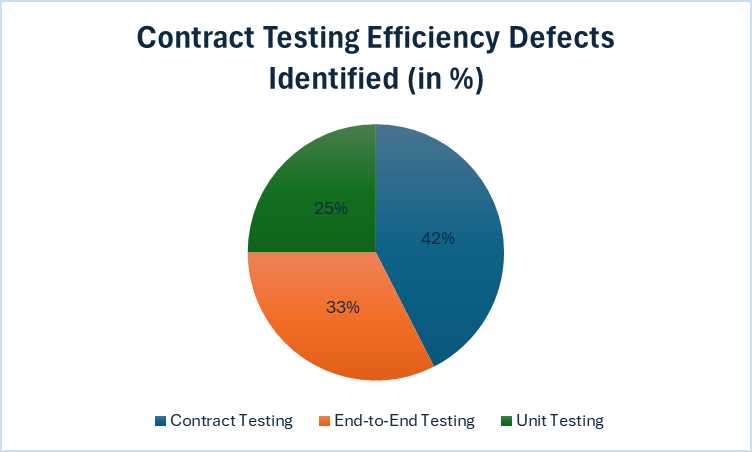
Best Practices for Contract Testing
- Start Small: Focus on critical service interactions first.
- Version Contracts: Maintain compatibility across different microservice versions.
- Use Automation: Leverage tools like Pact to simplify contract testing workflows.
- Integrate with CI/CD: Ensure continuous testing for faster releases.
To enhance your testing skills, consider joining the Best Software Testing Institute in Chennai, which offers hands-on training in advanced testing tools and methodologies.
Defect Reduction
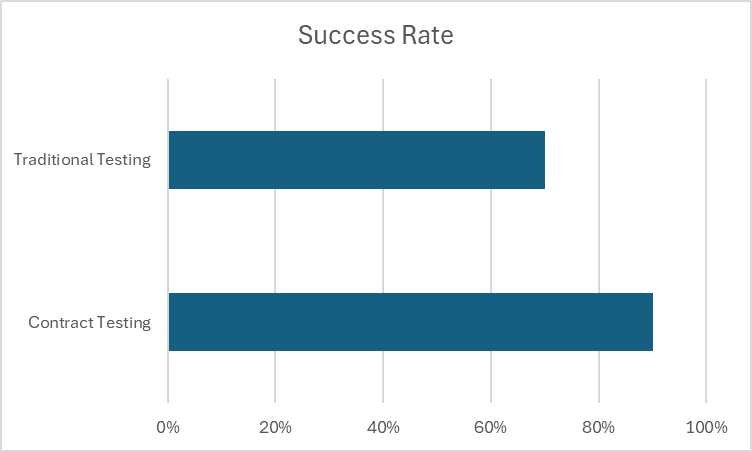
Challenges in Contract Testing
- Contract Maintenance: Requires constant updates to reflect changes in microservices.
- Tool Selection: Choosing the right tool for your ecosystem is critical.
- Team Collaboration: Aligning consumer and provider teams can be challenging.
By mastering these challenges through specialized courses like a Software Testing Certification Online, testers can excel in dynamic testing environments.
Integrating Contract Testing into CI/CD Pipelines
To maximize the benefits of contract testing:
- Automate Execution: Incorporate tests into CI/CD workflows for instant feedback.
- Monitor Results: Track failures to identify service discrepancies early.
Attending the Software Testing Institute in Mumbai ensures testers are equipped with practical CI/CD integration knowledge.
The Future of Contract Testing
As microservices adoption grows, contract testing will become indispensable for:
- AI-Driven Systems: Ensuring seamless interactions between AI modules.
- IoT Applications: Validating communication across diverse IoT devices.
- Cloud-Native Architectures: Enhancing scalability and reliability in cloud environments.
Conclusion
Contract Testing redefines how microservices interact, promoting efficiency, scalability, and reliability. By adopting this approach, organizations can reduce integration risks, improve system stability, and enhance deployment speed. Mastering contract testing not only simplifies the software development lifecycle but also ensures superior product quality, meeting the demands of ever-evolving software ecosystems.
